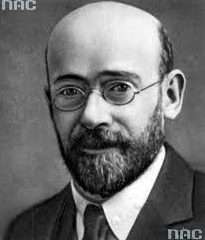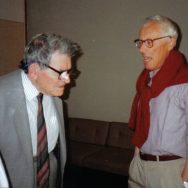In discussing the concept of purpose we briefly explored how the wrong purpose can be reinforced by measures and targets that create further distance between meeting the true purpose for the customer. Even worse, measures and targets themselves can become the default purpose of an organisation, pulling it in different directions and hiding the continued degradation of service in the eyes of the customer. To put it simply, measures can make performance worse!
It is often said that ‘you get what you measure’ as any metric you care to hold someone accountable for will drive us humans to further our scores against it, especially when livelihood is at stake. Traditional thinking sees measures and targets as motivational tools to encourage competition and further performance. The fundamental problem is they so often encourage the wrong behaviour to achieve the wrong goal. For example, the reason CEOs of the worlds biggest companies care so much about share value is because that’s how we measure them, and it’s what we pay them on. But a focus of our CEOs on share value leads, both strategically and operationally, to disastrous consequences for customers, staff and ironically, the share price and said CEO!
Read more…




